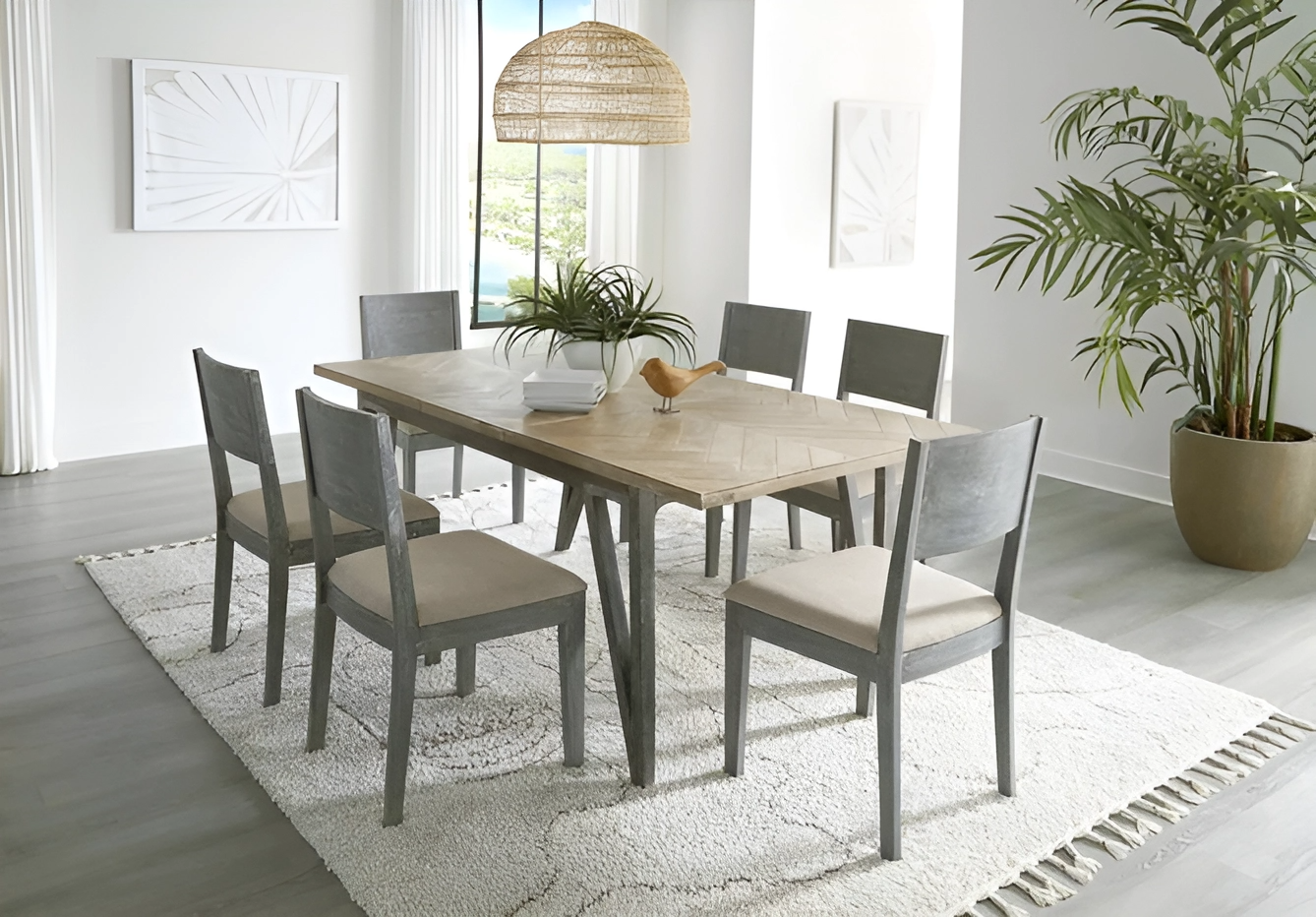
Simple Methods to Better Organise Your Kitchen
The kitchen is a sacred place for many to spend quality time with the whole family, cooking up a scrumptious feast.
That said, having cluttered drawers, messy cabinets and an unorganised kitchen in general can detract from a harmonious experience. To this end, it is crucial to have a kitchen that is kept well-organised and ready whenever you step in to prepare a meal.
Below are a few worthwhile tips to get you started on your kitchen organisation venture.
Go Clutter-Free
The best way to arrange your kitchen is to first remove any unnecessary clutter and ensure that everything has a dedicated place to go. Yes, that includes the salt shaker and egg beater used once in a blue moon!
Decluttering is the first step to organising any space, and it is particularly crucial in the kitchen given that the area usually contains many insignificant items that you rarely utilise. This may be the purposeless marshmallow roaster you were swayed into buying, that new coffee machine that has proven to be a chore to use, and even your third knife set.
There is therefore a need to thoroughly investigate every item in your kitchen and carefully consider if it will ever be used. Think twice about whether you need this many kitchen tools, and once you've decided, get rid of those you do not need. The same goes for throwing out expired foodstuffs lying around in your freezer and pantry.
Your kitchen should essentially only contain what you need and can be used.
Compartmentalise Food Items
Using containers to put things away efficiently is a practical idea, particularly for food and spices. Using stackable containers in your fridge and pantry ensures you make good use of the available space while keeping ingredients fresher and more easily accessible.
It is also useful to arrange your spices into identical containers and label each container with the product. In doing so, you save time trying to identify which ingredients you require and picking out what you need effortlessly.
For food items that cannot be stored in fridge containers, you want to use basket trays instead. These are perfect for condiments such as bottled olives, which run the risk of going bad if removed from their original packaging.
By the same token, you want to store all these bottled fruit and vegetable products in the same basket tray for convenience purposes.
In fact, this kitchen organisation strategy enhances your grocery shopping experience by helping you keep track of what you have in stock and what you are running low on.
Place Same Items Together
To ensure that the pantry is organised in a logical manner at all times, similar foods should be sorted and placed together.
One approach to grouping your items is by the meal of the day. For example, breakfast food will entail spreads, breakfast cereals, baking apparatus, a spatula for frying eggs, and so on. You could also choose to categorise items by food type—rice, noodles, and pasta—or by cuisine—local or international.
In terms of placement, items that you use more frequently should be easier to reach, while items that are used less often can be placed on higher shelves.
This ensures the commonly-used condiments, such as your cooking oils, vinegar, sauces, salt, and pepper, are in a basket within arm’s reach. This can be helpful in situations where you suddenly realise you need a certain sauce halfway through your cooking and have to rummage around for it.
Similarly, always keep the ingredients for dishes in your regular rotation easily accessible. It is never fun to have to look through the entire kitchen for every single ingredient you need. When you want to cook spaghetti, for instance, the pasta, the sauce, and everything else you need are close together, so you can begin cooking without fuss.
At the end of the day, how you decide to organise your kitchen items is at your discretion, as long as you practise consistency and employ the technique that works best for you.
Divide Cooking Utensils
One area of the kitchen that is often found in perpetual disarray is the cutlery drawers. Without a proper system in place for everything, you regularly end up with unrelated kitchen utensils mixed together. For instance, knives lying together with the spoons—a complete no-go!
Fortunately, this can be resolved by using a tray organiser to divide up your utensils in a logical and coherent manner. Not only does this compartmentalise the space you have, but it also makes everything easily accessible.
While kitchen organisers work well for cutlery, one size certainly does not fit all. Larger utensils like colanders or can openers can often be tricky to store as they differ in size and not everyone owns the same utensils.
To demonstrate, what works for stowing a soup spoon may not necessarily apply to a ladle for cooking the soup. Hence, for the bulkier kitchen utensils, you want to utilise an adjustable kitchen organiser where you can create the ideal-sized space to nicely fit your cooking essentials.
These organisers can also be expanded to the size of your kitchen cabinet, which essentially provides you with a degree of future proofing.
As with everything else in your kitchen, make sure you group your utensils by their respective uses before putting them away. Arrange things neatly so they can be retrieved with ease, rather than having to scour through a huge pile of kitchen utensils.
Implement Kitchen Storage Solutions
It is just as important to store your kitchenware in a neat, organised and easy-to-reach fashion. You could consider incorporating additional shelves or an organisational system into your existing kitchen cabinet, depending on where you want your pots and pans to go.
Roll-out racks are a practical solution for kitchen cabinets located in the corner or those wide, deep lower cupboards where it can be a struggle to reach for things. These shelves can be easily slid out to reveal the cabinet’s entire contents, even items situated at the very end.
If you lack any sort of existing storage space, it may be wise to construct a space-efficient rolling cupboard. A built-in roll-out rack is ideal if you have an approximately six-inch-wide space available in your kitchen, or better yet, if the available space is between your fridge and the adjacent wall.
This storage method not only saves significant kitchen space but also holds most of your kitchenware and spices perfectly. Simply pull it out when you need something and roll it back into place once you are done.
By introducing a conducive storage system for your cooking equipment, your pots and pans no longer need to sit atop one another, which greatly reduces the time and effort you would otherwise spend retrieving the right pots and pans you need to cook.


